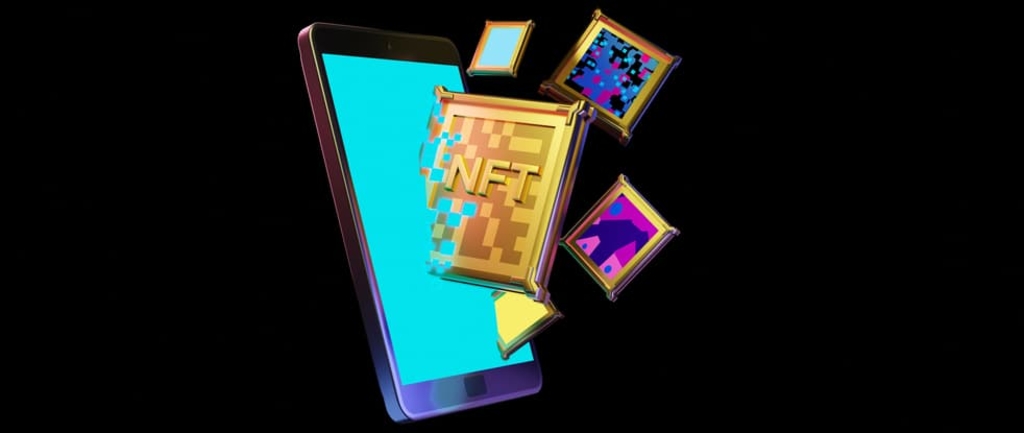What Is an NFT, Exactly?

There are a lot of cryptos to keep track of between Mooncoin, Dogecoin, BaconCoin, Garlicoin, and so many others. "NFT," however, is not one of them.
Yes, a non-fungible token, or NFT, is not a cryptocurrency. But you're not alone if you didn't know that.
What Is It Then?
In a nutshell, NFTs are one-of-a-kind digital assets purchased with cryptocurrency (most commonly ether) and whose ownership data is maintained on a blockchain. NFTs have been around since 2014, but their popularity skyrocketed last year, thanks in part to record-breaking art auctions in which a Beeple collage sold for $69 million and a Pak effort brought in about $92 million.
Because NFTs are a relatively new technology with a lot of jargon, don't be too hard on yourself if you don't know what they are. Plus, while they aren't really a cryptocurrency like bitcoin, they are comparable.
Are NFTs Considered a Type of Cryptocurrency?
Let's start with a definition of NFT: it is a one-of-a-kind digital asset that can be kept on a blockchain and sold, traded, or bought online.
A non-fungible item is one that cannot be replaced in the same manner as a dollar bill can. That means that if you buy an NFT of a Nyan cat with a Pop-Tart for a body or Twitter CEO Jack Dorsey's first tweet, you own it.
While those NFTs are likely out of reach — they sold for roughly $600,000 and $2.9 million, respectively — other NFTs are available on marketplaces like OpenSea.
This is where cryptocurrencies come into play.
Typically, you haven't been able to buy these digital products in US dollars. The majority of NFTs are part of the Ethereum blockchain and are purchased with ether, the platform's native token. In short, an NFT is not a cryptocurrency, whereas ether is.



